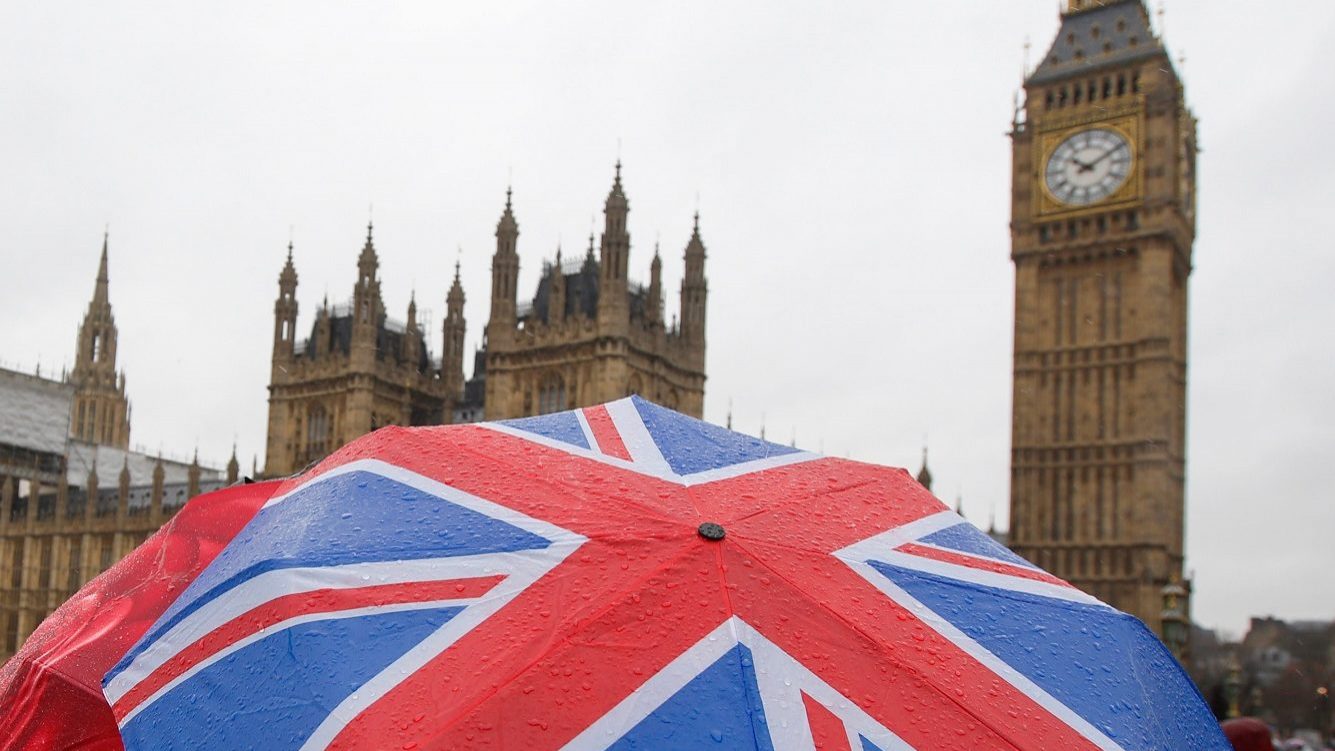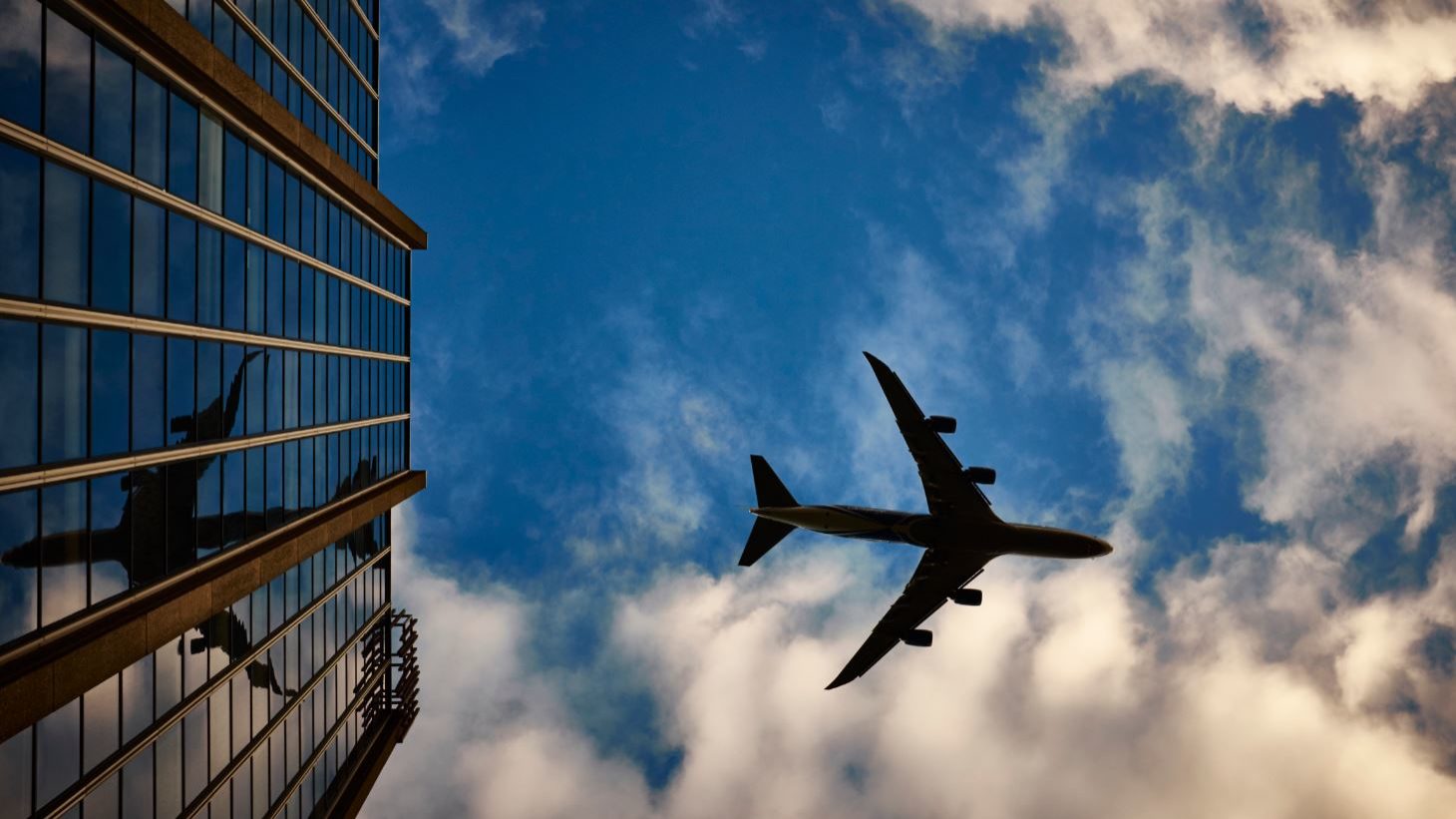AHP predicts “severe recession” with UK’s quarantine on Portugal
"To be excluded, and this seems to be happening, is bad news" for Portuguese tourism, says Cristina Siza Vieira, CEO of AHP.
The United Kingdom took Portugal off the “blacklist” on 22 August. Two weeks later, with the increase in the number of new coronavirus infections, both here and in other European countries, the British are preparing to remove the country from its air corridors. A decision that, if confirmed, will have an “immediate impact” on national tourism, Cristina Siza Vieira told ECO. If the year was already a loss-making one, it will be even worse with this decision.
“When [the air corridor] was opened, there was a boost in every sense: both in terms of flights and hotel businesses. The aircraft occupation increased from 40% to 60%, being even higher in Algarve,” says the CEO of the Portuguese Hotel Association (AHP). And in hotels, reservations have increased for September and October.
Now, about two weeks after the opening, the expectation that Portugal will leave this air corridor is growing due to the worsening number of coronavirus cases in the country. The decision, according to the British press, is expected to be announced by Boris Johnson’s government on Friday, September 4.
“To be excluded, and this seems to be happening, is bad news” for Portuguese tourism. “The last quarter of the year is compromised,” throws Cristina Siza Vieira, reminding that there was an expectation, namely in the Algarve, that it would be possible to attract British tourists in September and October for golf.
British tourists account for 20% of national tourism revenue. If Portugal is excluded from the air corridor, these holidaymakers will have to self-isolate for 14 days on their return to the United Kingdom. In this sense, it will be a “serious recession”, says the AHP’s CEO in a statement to ECO.
This “serious recession” will also affect the hotel industry. Only “the Algarve, in August, recorded losses of over 50% in revenue”, as a result of the fall in overnight stays due to the decline in British tourists. For the year as a whole, “with the [British] air corridor open, we were aiming for losses of 65% to 70%”. With the corridor closed, Cristina Siza Vieira still has no calculations. However, she has no doubt that “it will be worse.”


